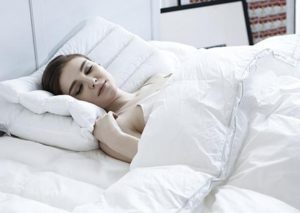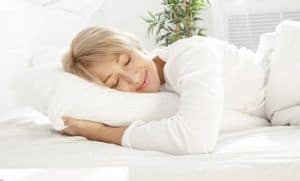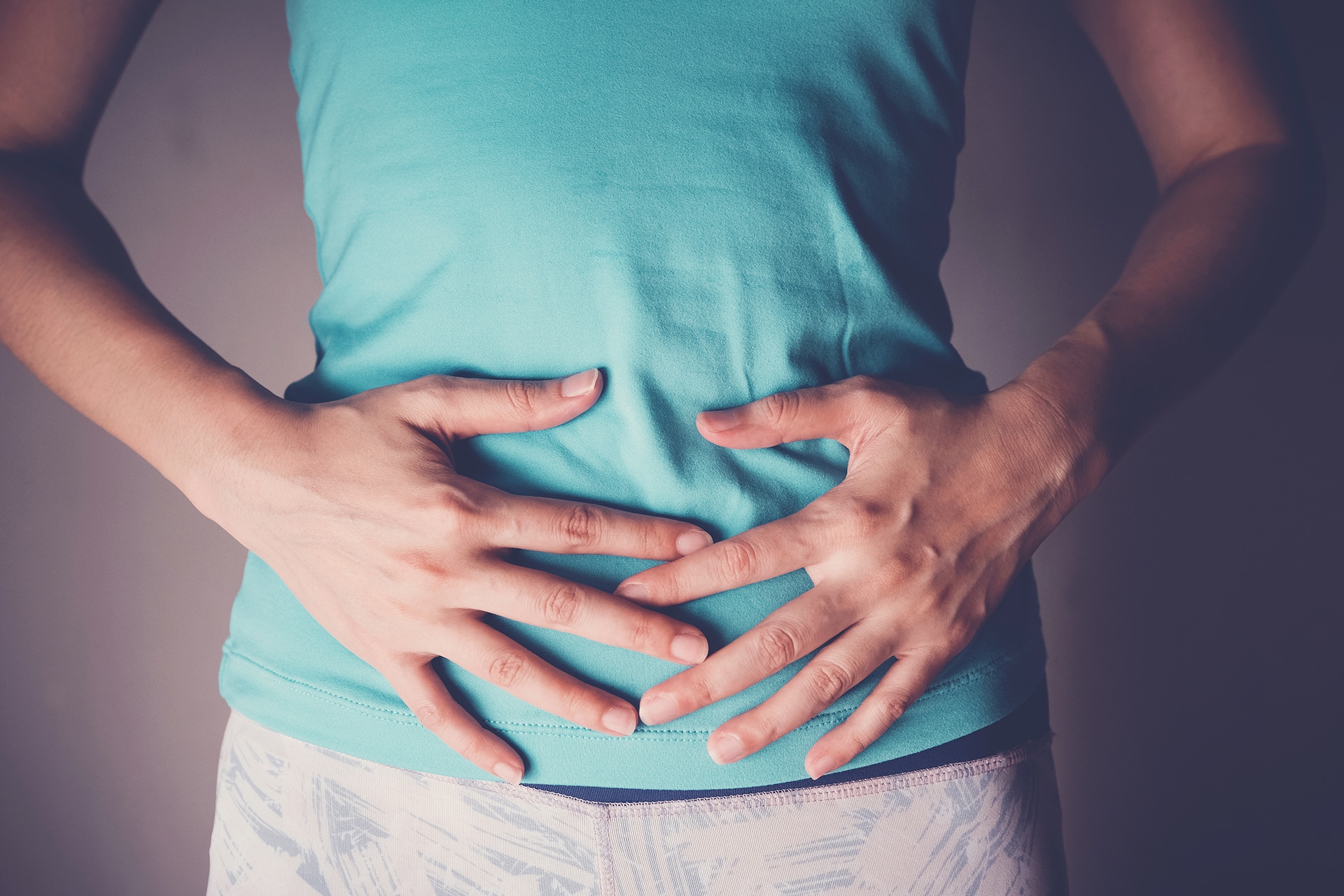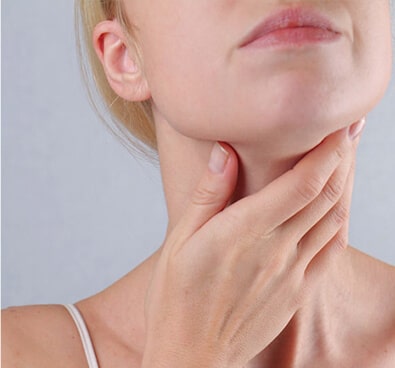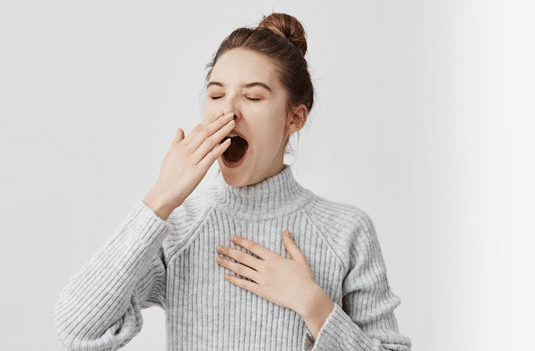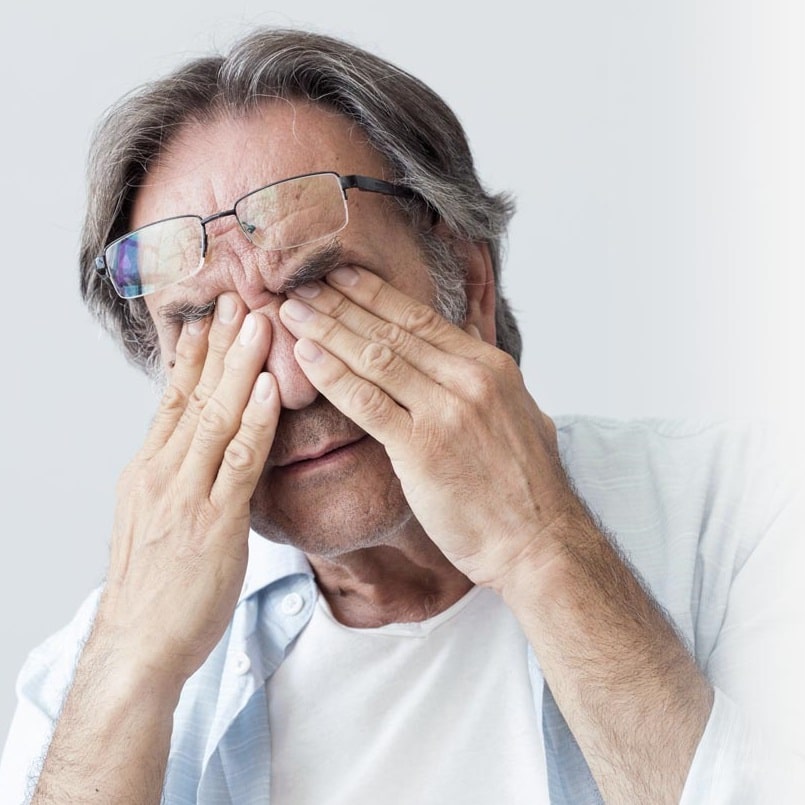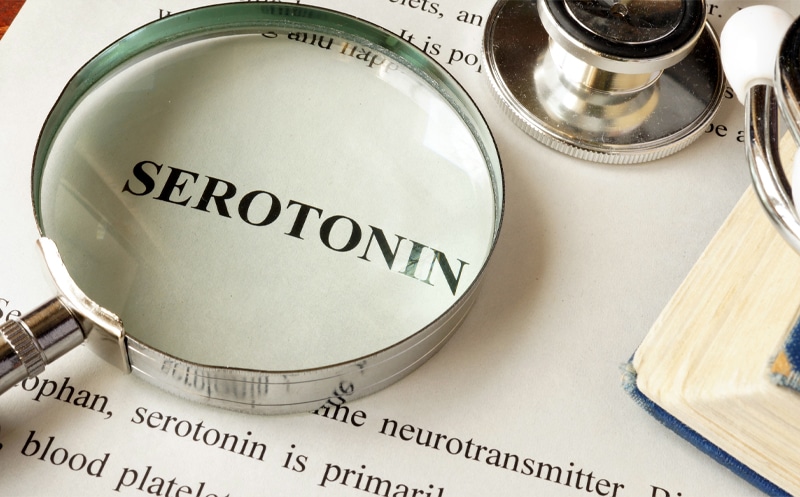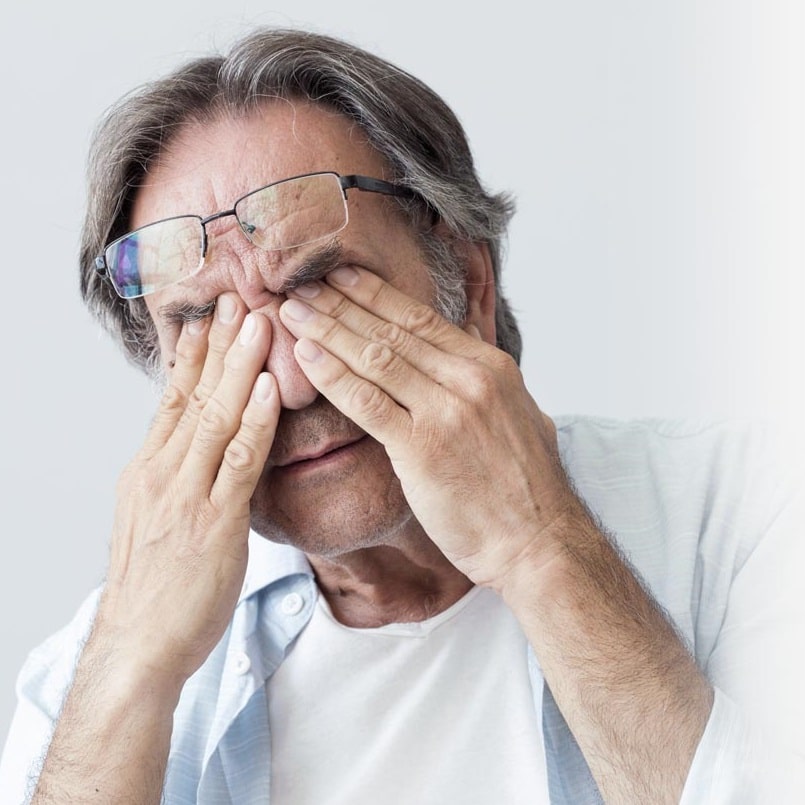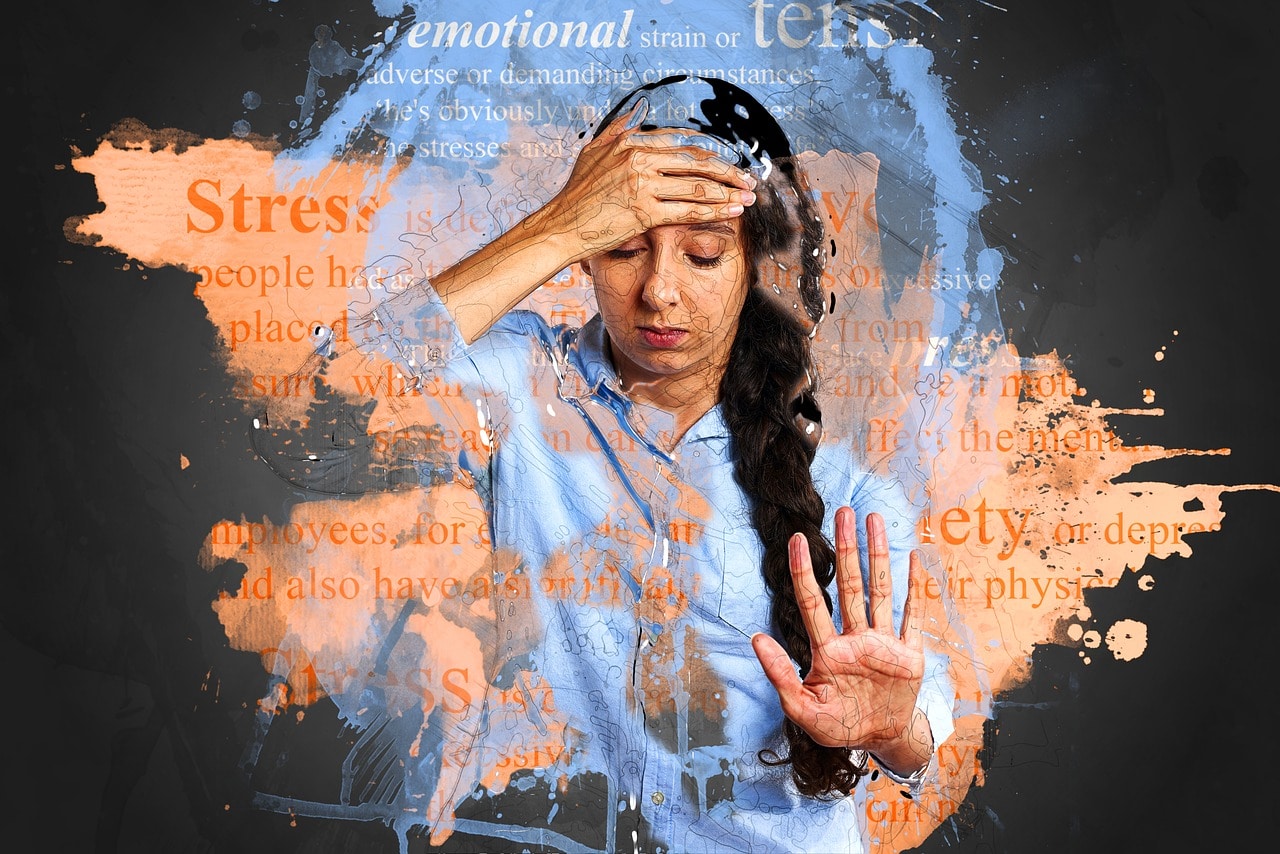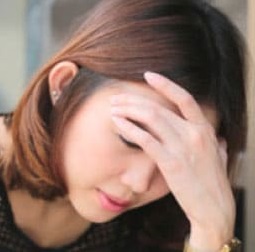Insomnia is a type of sleep disorder that is associated with the inability to go to sleep, the inability to stay asleep, waking up feeling unrefreshed, and waking up too early. Experts recommend that adults should seek to get between 7 and 9 hours of sleep each night. Unfortunately, studies show that 25% of American women suffer from insomnia. Insomnia can cause a variety of issues. It can make it difficult to effectively complete your tasks at work, home, or school. It can also increase the risk of several health issues like depression, stroke, and heart disease. Learn the main causes of insomnia in females and how you can get the sleep you need.
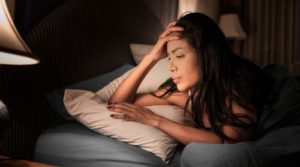
Causes of Insomnia in Women
Learning what causes insomnia in females will help you determine the things you can do to get the sleep your body needs and reduce your risk of health issues associated with insomnia.
Researchers have determined that hormonal fluctuations may be responsible for the increased risk of insomnia. Hormonal changes in women can be caused by several things, including:
- Menstrual Cycle – Many women report issues getting to sleep and staying asleep in the days leading up to their menstrual period. Women who suffer from premenstrual dysphoric disorder (PMDD) are more like to experience insomnia.
- Perimenopause or Menopause – Perimenopause causes a woman’s hormones to fluctuate. When this occurs, a woman can experience night sweats and hot flashes. These can wake a female up and disturb her sleep.
Causes of Insomnia in Men and Women
Many health conditions and lifestyle choices can prevent men and women from getting a good night’s sleep. Let’s take a look at the most common reasons men and women experience insomnia.
Dehydration – Dehydration occurs when the body excretes more fluids than it takes in, which can cause a host of health problems. Can dehydration cause insomnia? When you are dehydrated, the amount of amino acids in the body can be reduced, which can lower the production of melatonin. When the body does not produce an ample amount of melatonin, it can affect your circadian rhythm. In addition to this, dehydration can cause extreme exhaustion, which can make it difficult for you to go to sleep.
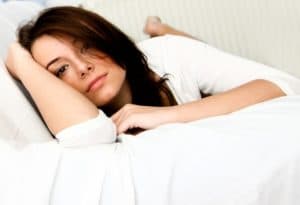
Mental Health Issues – Does depression or anxiety cause insomnia? Research has shown that individuals who are suffering from anxiety are 17 times more likely to experience insomnia, and those with depression are 10 times more likely to be plagued with insomnia. However, researchers are unsure if one of these mental health conditions causes insomnia, or if insomnia causes a mental health condition. One thing is certain. Anxiety causing insomnia prevents you from getting the recommended 7 to 9 hours of sleep each night which may worsen your mental health condition.
- Nightmare Disorder – Do you have frequent nightmares? Do you wake up in a panic several times a night? If so, you may be suffering from nightmare disorder. Nightmare disorder affects both men and women; however, it seems to be more common in women.
- Obstructive Sleep Apnea – What causes insomnia in men? Obstructive sleep apnea is one of the most common causes of male insomnia. Obstructive sleep apnea is a sleep disorder that causes you to stop breathing for short periods of time while you sleep. When this occurs, the amount of oxygen in the body decreases, causing repeated waking throughout the night.
- Stress – One of the most commonly asked questions is, “Can stress cause insomnia?” The answer is absolutely! When you are stressed, your mind has difficulty slowing down long enough for you to get to sleep. Stress can cause you to replay things that happened throughout the day. It can cause you to ponder the many what-ifs of life and worry about things that may or may not happen. All of these can make it difficult to go to sleep and stay asleep.
- Urinary Problems – Urinary issues like nocturia (frequent urination at night) can interrupt your sleep. Both men and women can experience urinary issues; however, women over the age of 40 often deal with urinary incontinence, overactive bladder, and frequent urination at night. Each of these conditions can lead to an increased frequency of insomnia.
Ways to Help You Get a Full Night’s Sleep
Knowing what causes insomnia in females and males can help you know how to get a restful night’s sleep. If your insomnia is not dealt with, it can lead to serious health problems. Here are some ways you can battle insomnia so you can sleep better.
- Avoid Excess Napping
- Set a Bedtime Schedule – Creating a bedtime and sticking to it will help you reset your circadian rhythm. In addition to going to bed at the same time each night, you should set an alarm and get up at the same time each morning, including on the weekends.
- Cognitive Behavioral Therapy – Cognitive behavioral therapy (CBT) is designed to help you change your actions and thoughts that may be preventing you from getting a restful night’s sleep. CBT uses a variety of techniques, including learning to replace negative thoughts with positive ones, keeping a sleep diary, attending group therapy sessions, and identifying and changing behaviors that could be causing your insomnia.
- Dietary Supplements – There are several dietary supplements that can help you get a full night’s sleep. These supplements include melatonin, which is a hormone produced by the brain in response to darkness. It is used to help regulate your natural circadian rhythms.
- Avoid Exercise Close To Bedtime – Exercise is good for the body and mind; however, if you are suffering from insomnia, avoid exercise or other types of moderate physical activity before bedtime. For best results, exercise at least 6 hours before bedtime.
- Stress Relief Techniques – Stress relief techniques like yoga, meditation, and music can be used to relieve stress. These techniques help promote relaxation to help you get to sleep and stay asleep longer. For best results, employ stress relief techniques a couple of hours before bedtime to help calm your mind.
Getting less than the recommended amount of sleep can be damaging to your health. Luckily, there are many things you can do to improve your rest. Insomnia can be caused by health conditions as well as lifestyle choices. Our caring team of functional medicine clinicians understands how frustrating insomnia can be. Using a variety of proven techniques, our doctors will determine the cause of your insomnia and provide you with medications, supplements, and lifestyle modification guidance on how to get to sleep and stay asleep.

